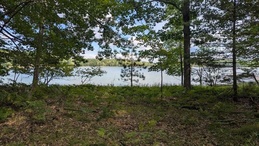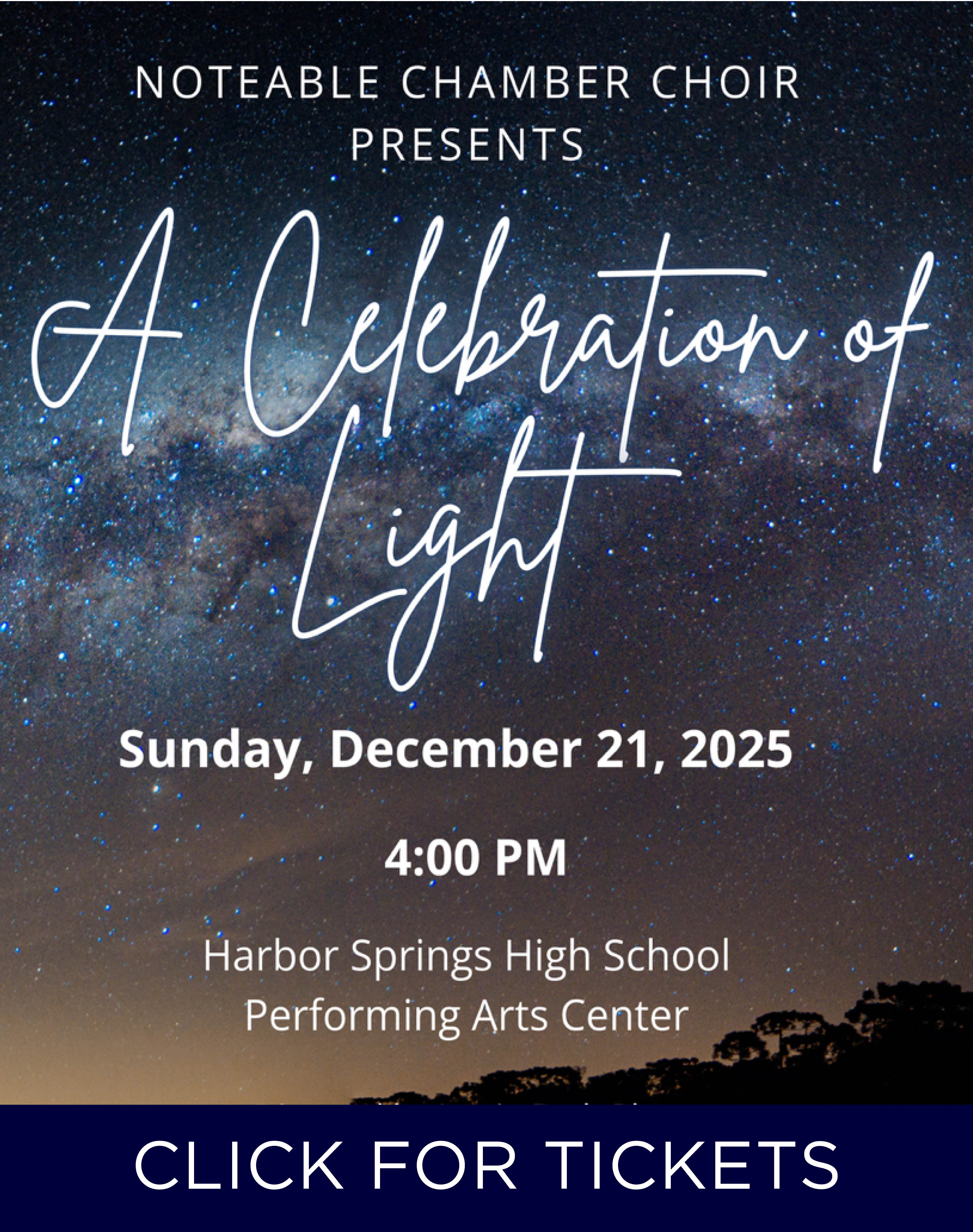
A Brief History of FishPass
Project plans, legal battles, and the 2024 groundbreaking
By Art Bukowski | July 13, 2024
After many years of planning (and a few more years of legal wrangling), a state-of-the-art scientific facility has broken ground in Traverse City.
But what exactly is FishPass? What will it do and why is it here? What will it mean for the river and the general public? We’ll look at all those questions, but one thing’s for certain: Those involved could not be more excited that this enterprise has moved from concept to construction.
“For the people who have envisioned this project, it’s their life’s work, and for many of us, this is the biggest thing that any of us have ever worked on,” says Leah McCallum, a spokesperson for the Great Lakes Fishery Commission, a lead partner in the project. “We are enthusiastic to the point where there are often tears when we get on our monthly calls or walk the site together.”
What Is FishPass?
FishPass is an experimental fish passage system being constructed along the Boardman/Ottaway River at the site of the Union Street Dam in downtown Traverse City. The project will replace the aging dam with a barrier that has the ability to sort and selectively pass native fish while blocking harmful, invasive species like sea lamprey. While fully automated selective passage is the long-term goal, fishery personnel are expected to handle this sorting for the first decade.
Within the river itself, the project will include a 6.5-foot vertical barrier stretching from bank to bank, a natural river channel, and a fish-sorting channel. Several additional dry land amenities, including a research and education building, are also part of the project.
The project is being led by the Great Lakes Fishery Commission (GLFC) with partnership from the City of Traverse City, along with support from the Grand Traverse Band of Ottawa and Chippewa Indians and several other entities.
FishPass represents the culmination of about two decades’ worth of restoration along the river aimed at better reconnecting the river with Lake Michigan from an ecological standpoint. Previous efforts included the removal of three large dams several miles upstream of Union Street.
“The Boardman River restoration project always envisioned a modification of Union Street Dam that would re-connect the river to Lake Michigan to re-establish hydrological and ecological connectivity without allowing passage of invasive species, like sea lamprey,” the project website reads. “FishPass provides a unique solution that will also permit desirable fish passage up and down stream, thereby completing the restoration process.”
The Boardman River ranked first out of a dozen other sites around the Great Lakes considered for FishPass in large part because the community has been so engaged in the restoration of the river up until this point, GLFC authorities said.
While important (and potentially groundbreaking) from an ecological and environmental standpoint, project leaders are also touting the benefits to the surrounding land.
The space surrounding the new facility, which was always public, will function as a much-improved city park, with a kayak launch, pedestrian bridge, amphitheater, and more. All of these amenities are slated to be built for universal accessibility so they can be enjoyed by people with mobility challenges. Plans also call for the planting of more than 400 native trees and shrubs.
The Legal Journey
The FishPass team broke ground on the project earlier this year after a legal challenge forced a lengthy hiatus.
Not everyone has been excited about FishPass, with critics questioning why the river should be used for such a large-scale experiment. Others are not happy with the removal of many large, old trees near the dam to make way for the project.
Just prior to the initial groundbreaking in 2020, Traverse City resident Rick Buckhalter sued to block the project. He argued that the Union Street Dam site was considered parkland and could not be “disposed of” without a vote of residents, per the city charter.
Buckhalter appeared to score a victory when Thirteenth Circuit Court Judge Thomas G. Power agreed with Buckhalter’s claims in 2021 and issued an order preventing construction. But the Michigan Court of Appeals later overturned Power’s ruling in late 2022, stating that because the property would still be used for valid park purposes under the FishPass project, no public vote would be required.
“There will be no meaningful deviation in the usage of the property as a park such that a vote of the electorate is necessary to execute the project,” the court of appeals ruling read. “Both the current use of the dam and its planned use under the project regulate lake levels, control flooding, and aim to control the passage of fish.”
Buckhalter appealed to the Michigan Supreme Court, which declined to hear the case. With Buckhalter’s appeal options exhausted and Power’s initial injunction lifted, the project was free to move forward.
Building Out
And while everyone involved with FishPass was thrilled to get the go-ahead, the three-year legal process is estimated to have raised project costs by several million dollars due to inflation and other factors.
Initial estimates of around $19 million are now likely closer to $23 million or more. The in-river portions of the project are expected to be complete by 2026, with all remaining work finished by 2027.
Certain elements will need to be re-evaluated or rebid due to the time elapsed and increased cost. The U.S. Army Corps of Engineers and local contractor Spence Brothers had to re-negotiate their construction contract, as an example, and some of the “upland” (dry land) work must be rebid completely later this year.
Project partners have sought various sources of funding for the project, and recently received a $1 million grant from the Michigan Department of Environment, Great Lakes and Energy as part of its dam reduction risk program. Significant funding also comes from the Great Lakes Restoration Initiative, Michigan Department of Natural Resources, and the GLFC.
Crews are at work on the project on a daily basis as of this summer, with a large area around the site fenced off as various tasks both in and out of the water are completed.
For more information about this project, visit glfc.org/fishpass. Monthly updates that touch on construction, research, and more are posted on that page.
Trending
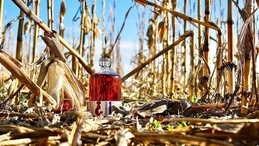
Farm to Glass with Ethanology
When Elk Rapids distillery Ethanology committed to locally-sourced ingredients for their products, it seemed like they&rsquo… Read More >>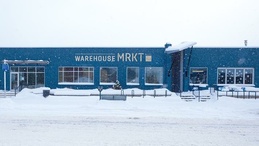
MRKT HLDY SHPPNG, aka Warehouse MRKT Holiday Shopping!
Shop the latest from local makers and vendors at the Holiday MRKT Share at Warehouse MRKT in TC, Saturday, Dec. 20, from 10a… Read More >>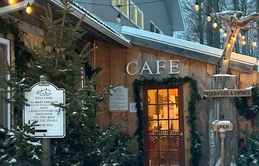
Men and Ugly Sweaters
Those two things don’t always go together, but on Dec. 19, you’ll see both out and about in Petoskey and Harbor … Read More >>